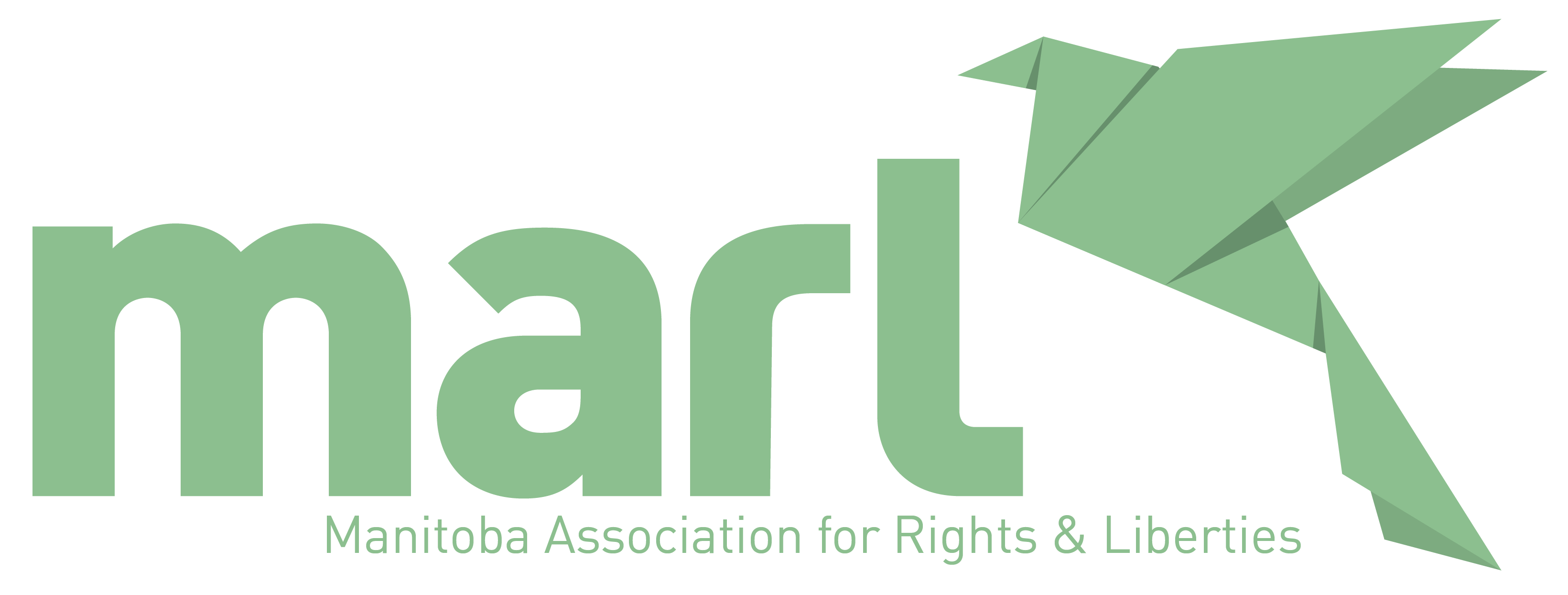October 3, 2017
Leaders In Human Rights – Lauren Milne
Lauren Milne the recipient of the Sybil Shack Human Rights Youth Award and currently pursuing law in North Dakota
Why is sharing human rights stories important?
Through the sharing of human rights stories people hear and understand more than the facts about a situation. By hearing personal accounts, people get an opportunity to understand and appreciate the trauma individuals have experienced because their rights have violated or abused.
It is an extremely important way to raise general awareness about human rights and to educate people around human rights violations. People’s experiences help to demonstrate the political and government positions on human rights in different countries. It is important to share stories about how some countries do not legitimize human rights and abuse their own citizens. Raising global awareness about these violations can put pressure the violating governments to adopt international human rights laws and to prevent future violations.
What change do you hope your involvement will bring to society?
I hope by increasing awareness about human rights that people will become more educated and more tolerant of groups that are different from themselves. This could lead to people becoming more involved and active with respect to human rights issues.
The ultimate outcome would be that increased public action would result in government policy changes. I hope that by learning more about different cultures, religions, and nationalities people will understand that we are more similar than different and we all deserve to be treated with respect and kindness.
What was your biggest source of strength and motivation as you continued on your journey to advocate for gender rights and at the Immigrant & Refugee Community Organization of Manitoba (IRCOM)?
My biggest motivation to work in human rights came from listening to the children’s stories when I volunteered at IRCOM. Their stories really opened my eyes about what they have been through at such a young age. Learning about all the obstacles they had to overcome such as fleeing their home and country, learning a new language, and adjusting to a completely new culture and country motivated me to help the children as much as I could. Although the children had not had an easy start in their life they were so positive and reminded me to be grateful for being born in a safe country.
What do you believe is the most effective way to fight for human rights or raise awareness?
Education on human rights and addressing stereotypical perspectives are important ways to increase awareness and advocacy. It is important to provide impartial and fact-based information about human rights issues and challenge stereotypical perspectives and cultural bias.
I believe learning about other cultures, religions, nationalities, is important to break down the barriers that exist between people to understand that there are more similarities than differences between one another. It is not easy to challenge your perspective on issues that you thought you had a solid understanding on and it is important to be open-minded that you may not have all the correct information previously that informed your opinion.
Why did you get involved in the movement? a specific story or person?
I became interested in human rights during high school when I joined Amnesty International and started to read books about women in Afghanistan. This educated me about the inhumane treatment of women under the Taliban rule. It disturbed me that a society would tolerate blatant human rights violations. The more I read about the middle east, the more motivated and determined I became to learn more about human rights and what I could do to become an effective advocate.
Where can young people start to fight for human rights?
By volunteering at non-governmental organizations, spreading awareness by talking to their friends and family, attending marches, and learning more about what is being done or the lack of it related to their interested topics. In high school I started to volunteer for IRCOM and joined Amnesty International where I participated in letter writing campaigns and spreading awareness about various human rights violations.
What is your life motto?
“Do all the good you can, for all the people you can, for as long as you can.” Hillary Clinton adopted this philosophy from her Methodist background.
Superpower you wish you had and why?
Probably flying because I love travelling so much and I could see as many countries as possible this way!
Any tips for someone wanting to become a human rights advocate?
Focus on a topic that interests you! Educate yourself and raise awareness on it!
you may also like…
April 18, 2024
From citizens to digital citizens
Social media provide an opportunity to communicate in multiple ways, just as never before in history. Nonetheless, there are dangers and risks as well. We should be aware of them to protect ourselves …
April 18, 2024
Des citoyens aux citoyens numériques
Les réseaux sociaux offrent la possibilité de communiquer de manières très diverses, comme jamais auparavant dans l’histoire. Néanmoins, ils comportent aussi des dangers et des risques. Il faut en être conscients pour nos …





